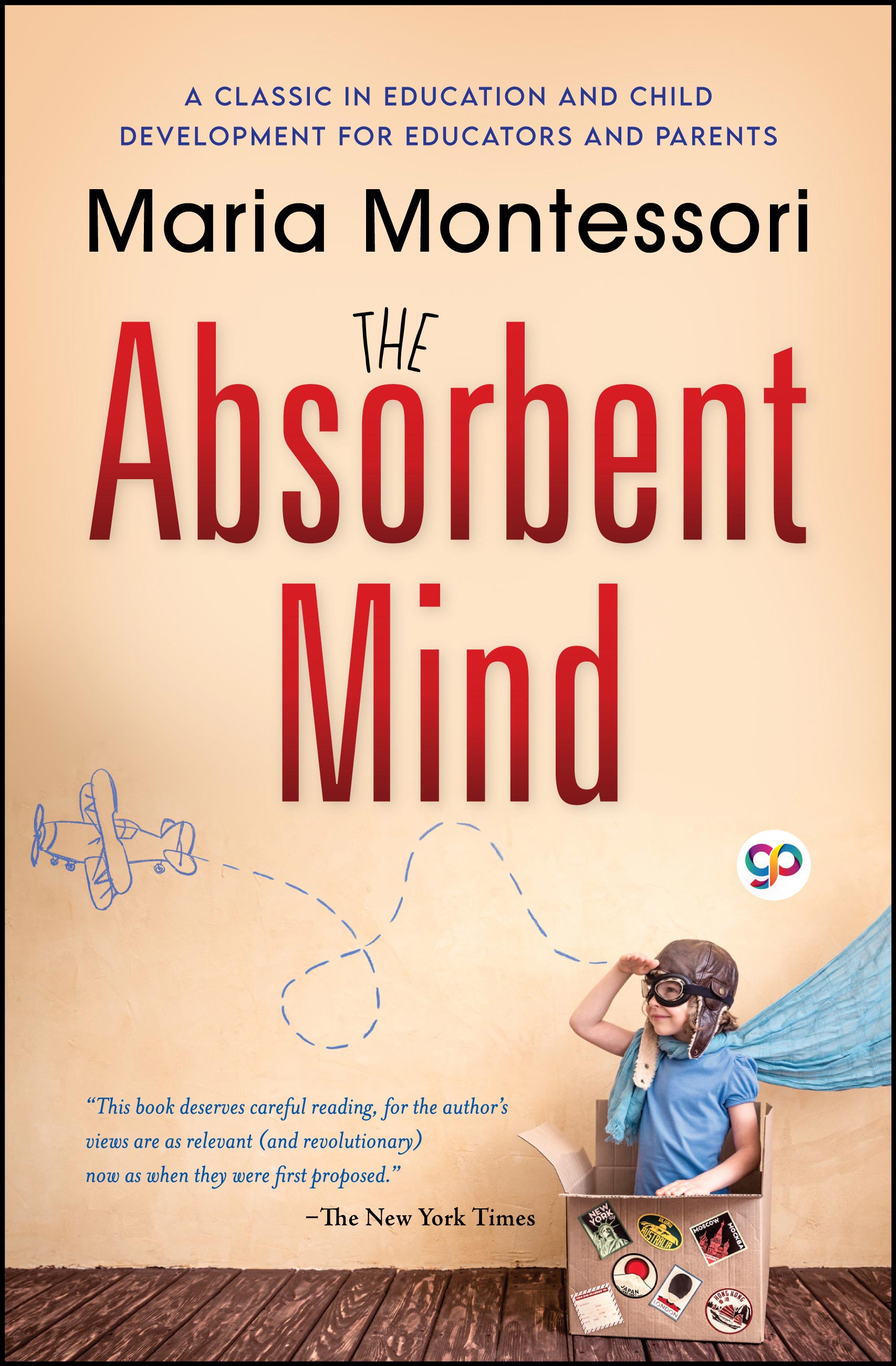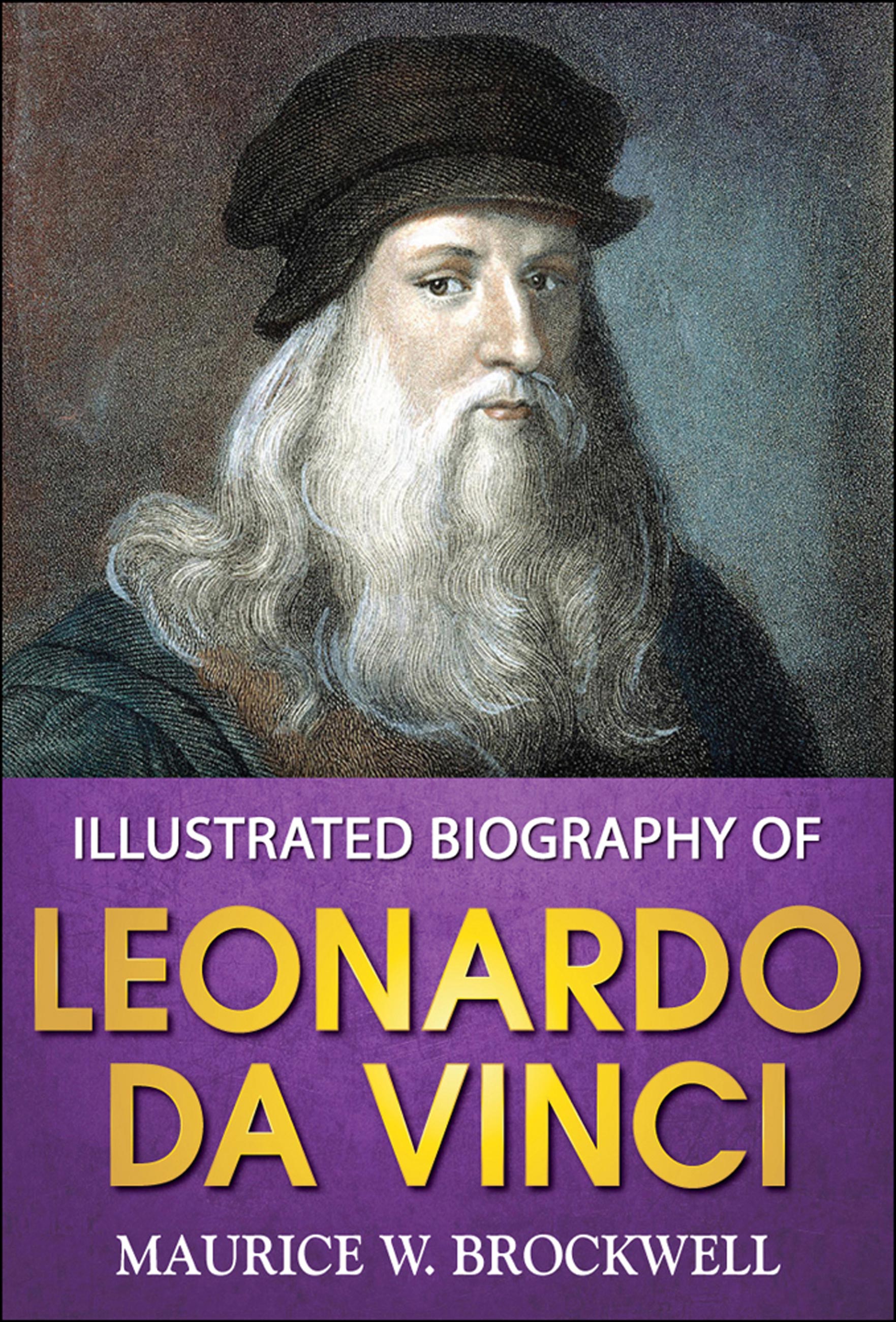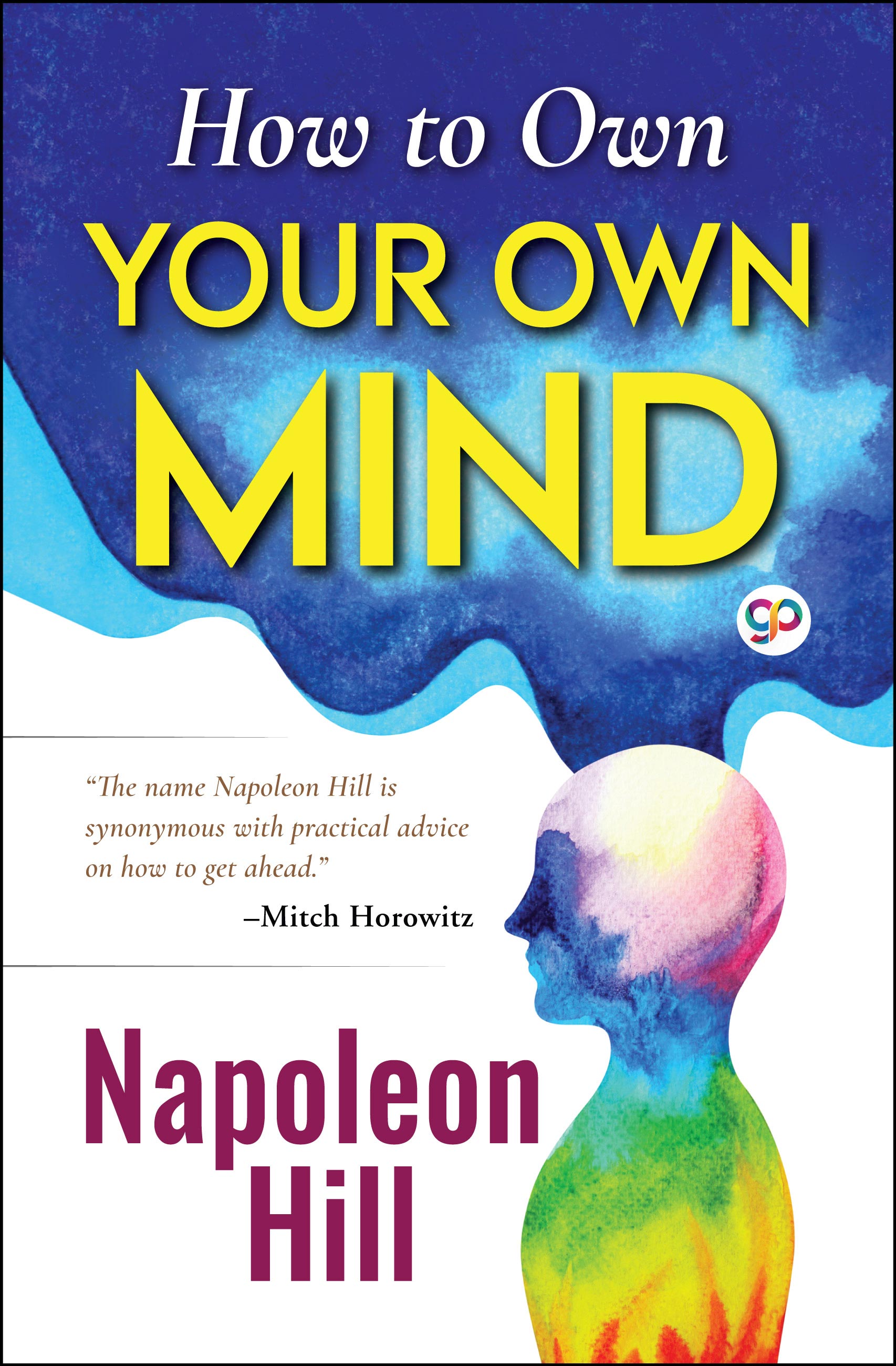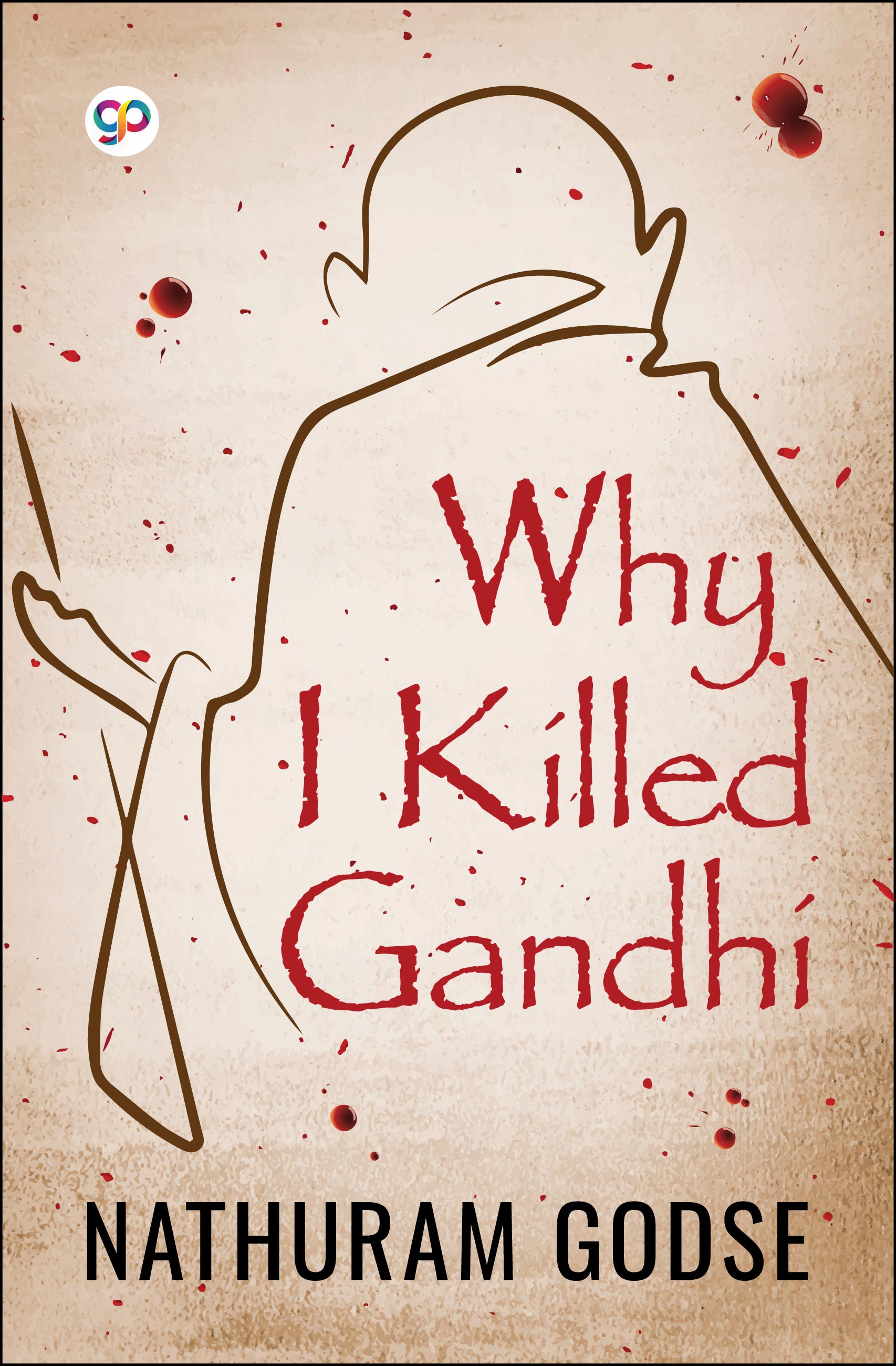
The Diaries of Franz Kafka, 1910-1923 (eBook)
First published posthumously in 1948, 'The Diaries of Franz Kafka, 1910–1923' offers a rare and intimate glimpse into the inner life of one of literature’s most enigmatic and influential figures. Spanning thirteen pivotal years, these personal writings reveal the private thoughts, emotional struggles, and creative anxieties that shaped Kafka’s work and worldview.
In these candid entries, Kafka reflects on his health, family tensions, romantic failures, spiritual dilemmas, and profound sense of alienation. Fragmented and often intensely self-critical, the diaries unveil a mind in constant conflict—torn between the need for solitude and the yearning for connection, between the urge to write and the paralysis of self-doubt.
The diaries also illuminate the genesis of Kafka’s major works, offering brief story drafts, dream sequences, and philosophical musings that echo the themes of isolation, absurdity, and existential dread found in his fiction.
Unfiltered and deeply personal, 'The Diaries of Franz Kafka' is not merely a record of daily events but a revealing portrait of a tortured genius wrestling with the complexities of life, art, and identity. It stands as an essential companion to Kafka’s published works, shedding light on the emotional and intellectual depths from which they emerged.
BEST SELLERS
About the Author
Franz Kafka, born in 1883 in Prague to a German-speaking Jewish middle-class family, is one of the most influential writers of the 20th century. Though he studied law at the Charles-Ferdinand University to please his father, Kafka nurtured a deep passion for literature. While there, he joined a student club and met Max Brod, his lifelong friend and literary executor. Kafka wrote in German, producing works that explored alienation, anxiety, and bureaucratic oppression.
His notable stories include The Metamorphosis (1912) and In the Penal Colony (1914), while his major novels—The Trial (1925), The Castle (1926), and Amerika (1927)—were published posthumously. During his lifetime, Kafka was little known, and he wished his unpublished work destroyed. However, Brod defied this request, preserving and publishing Kafka’s manuscripts. Kafka also spoke Czech fluently and admired French literature, especially Flaubert. His unique writing style, marked by fragmented narratives and existential themes, came to define “Kafkaesque” fiction. Much of his work was unfinished and difficult to organize, as he often wrote inconsistently across notebooks. Kafka died in 1924 from tuberculosis, largely unrecognized in his lifetime, yet today his incomplete but profound body of work stands among the most important in European literature.












